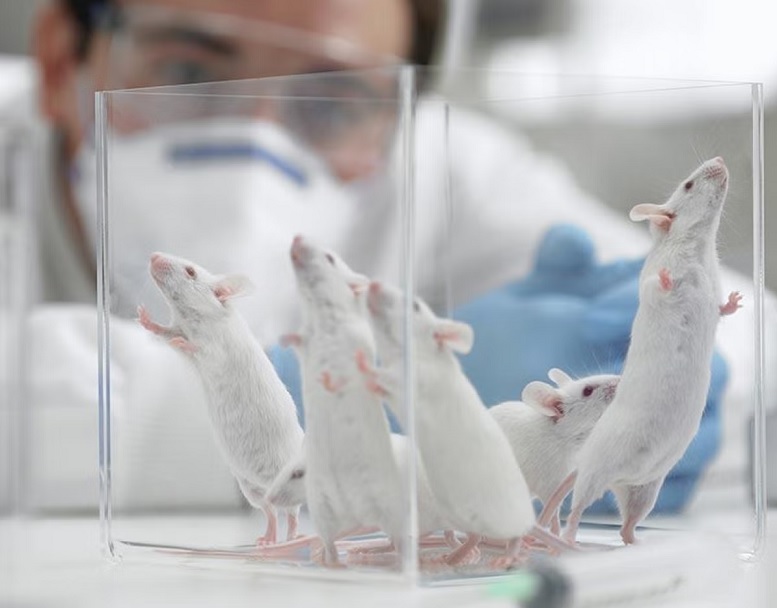A platelet factor joins the list of blood components that might have anti-ageing effects. A protein involved in wound healing can improve learning an
A platelet factor joins the list of blood components that might have anti-ageing effects. A protein involved in wound healing can improve learning and memory in ageing mice.
Platelet factor 4 -PF4- has long been known for its role in promoting blood clotting and sealing broken blood vessels. Now, researchers are wondering whether this signalling molecule could be used to treat age-related cognitive disorders such as Alzheimer’s disease, reported Nature.

“The therapeutic possibilities are very exciting,” says geneticist and anti-ageing scientist David Sinclair at Harvard University in Boston, Massachusetts, who was not involved in the research. The study was published on 16 August in Nature.
About a decade ago, scientists discovered that blood from young mice could restore youthful properties, including learning abilities, in older mice. The idea captivated Saul Villeda, a neuroscientist at the University of California, San Francisco, and a co-author of the new study. He and his colleagues have since been trying to identify the components of blood that cause this rejuvenation.
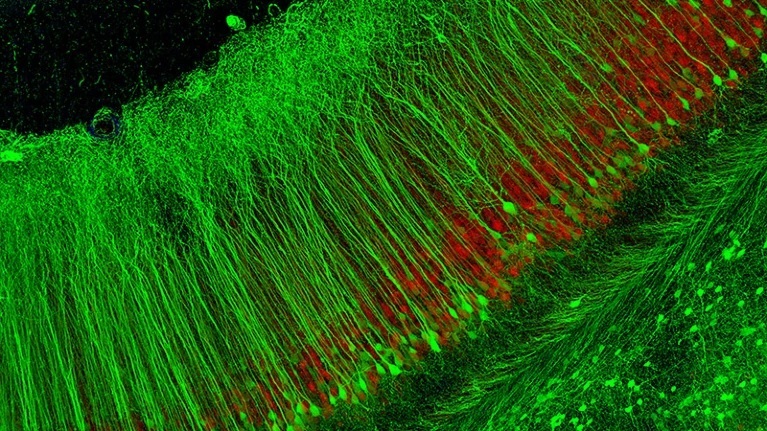
Several lines of evidence suggested that PF4 might be one of these components, including the fact that young mice have higher levels of this molecule in their blood than do older mice. Villeda and his colleagues tried injecting PF4 into aged mice without including other blood components. The researchers found that the ratios of various types of immune cell shifted to become more similar to what is typically seen in younger mice. Some immune cells also reverted to a more youthful pattern of gene expression, reported Nature.
Although PF4 was not able to cross the blood–brain barrier, its effects on the immune system also led to changes in the brain, probably through indirect mechanisms. Old mice that received doses of PF4 showed decreases in damaging inflammation in the hippocampus — a part of the brain that’s particularly vulnerable to the effects of ageing. They also showed increases in the levels of molecules that promote synaptic plasticity (the capacity to alter the strength of connections between nerve cells).
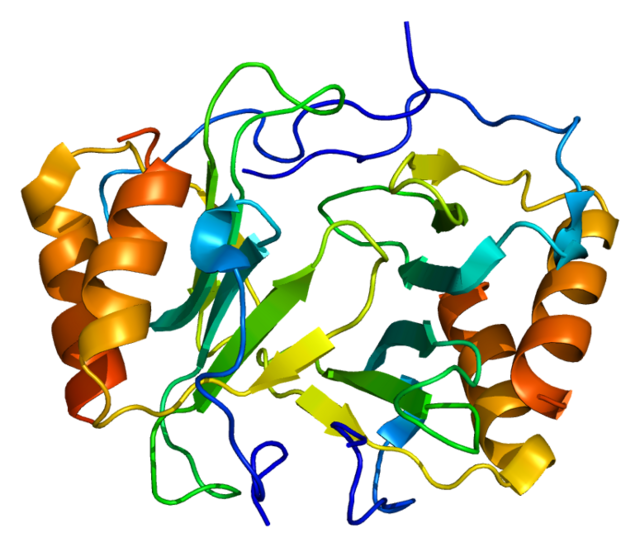
Aged mice injected with PF4 also did better than aged control mice in cognitive tests, such as remembering where to find a submerged platform they could rest on when forced to swim through a maze, reported Nature.
Before this study, “nobody, to my knowledge, has really ever shown that platelets can play a role in cognition”, said platelet biologist Robert Campbell at the University of Utah in Salt Lake City. “I was really excited about it.”
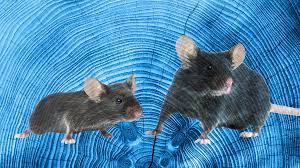
Two other publications released today also suggest that PF4 has a role in regulating hallmarks of ageing. Dena Dubal and her colleagues at the University of California, San Francisco, found that PF4 enhances synaptic plasticity, and Tara Walker and her colleagues at the University of Queensland in Brisbane, Australia, showed that PF4 is involved in the formation of new neurons, reported Nature.
PF4 is one of a handful of molecules related to ageing that Villeda and others have identified in recent years. Some are involved in cognition, whereas others relate to aspects of ageing such as muscle loss, and some have multiple functions, reported Nature.

Biotech companies, including Elevian and Alkahest, are trying to turn these discoveries into therapies that promote regeneration and healthy ageing. Treatments will probably need to take a range of factors relating to ageing into consideration, Villeda says, and different combinations of treatments might be appropriate for different people, reported Nature.
If decreases in the levels of PF4 are shown to precede Alzheimer’s disease, this molecule could be used as a biomarker to identify people who might benefit from other treatments, says physiologist Cheryl Conover at Mayo Clinic in Rochester, Minnesota.
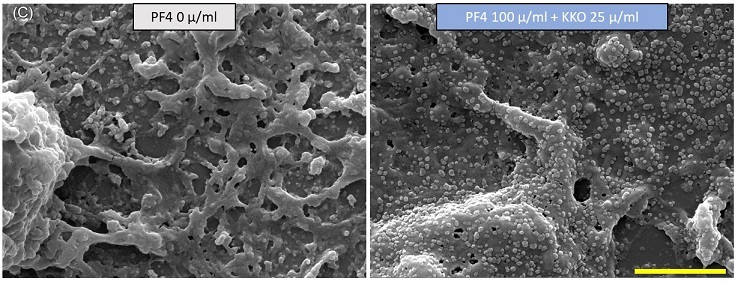
Some existing treatments for Alzheimer’s work best if they’re used during the early stages of the disease, so a way to identify people who are at risk before they develop symptoms would be helpful, as reported by Nature.
All Credit: https://www.nature.com/


